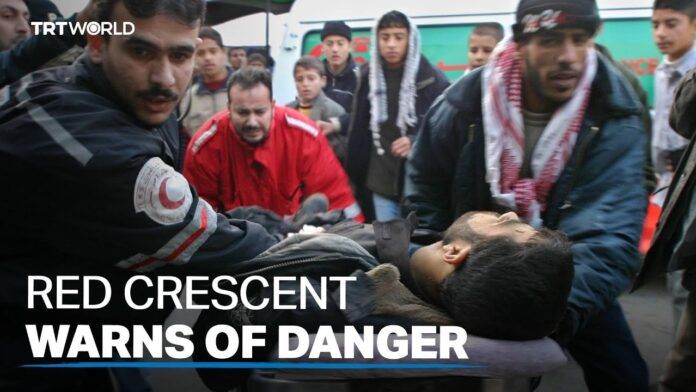Humanitarian crisis deepens as international diplomacy seeks ceasefire
As the Israel-Gaza conflict enters its 151st day on March 5, 2024, the situation remains dire with continued airstrikes and mounting casualties. An Israeli air attack in Khan Younis, southern Gaza, claimed at least eight lives on Tuesday morning, highlighting the relentless violence affecting the region. Humanitarian efforts face immense challenges as residents resort to searching through rubble with bare hands for survivors of recent bombings.
Human Rights Watch’s Omar Shakir emphasized the ongoing pattern of deadly abuses against Palestinians by Israeli forces, a situation that has persisted for decades. The humanitarian crisis is exacerbated by the destruction of homes and infrastructure, severely impacting the civilian population’s ability to access basic needs.
On the diplomatic front, US Vice President Kamala Harris reiterated America’s support for Israel while advocating for increased humanitarian aid to Gaza, following her call for a ceasefire. This stance has sparked debates and protests internationally, with pro-Palestine demonstrators in Brooklyn confronting US Congresswoman Alexandria Ocasio-Cortez, urging her to label Israel’s actions in Gaza as genocide.
Further complicating the international response, a group of Australian lawyers accused Prime Minister Anthony Albanese of being complicit in the ongoing genocide in Gaza, requesting an investigation by the International Criminal Court (ICC). Meanwhile, US special envoy Amos Hochstein’s visit to Beirut aims to mediate discussions to quell the escalating conflict between Israel and Hezbollah, indicating the broader regional implications of the crisis.
Israel’s condemnation of the UN agency for Palestinian refugees, UNRWA, accusing it of affiliating with groups in Gaza without providing evidence, adds to the complex geopolitical dynamics. As the conflict continues, the international community watches closely, hoping for a resolution that brings an end to the violence and suffering.
